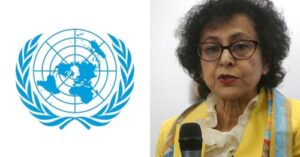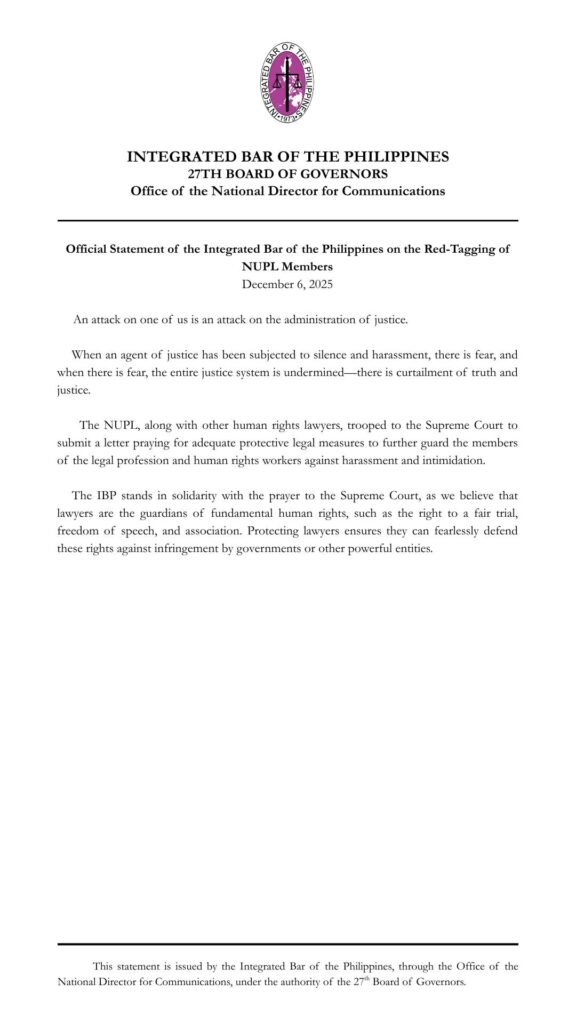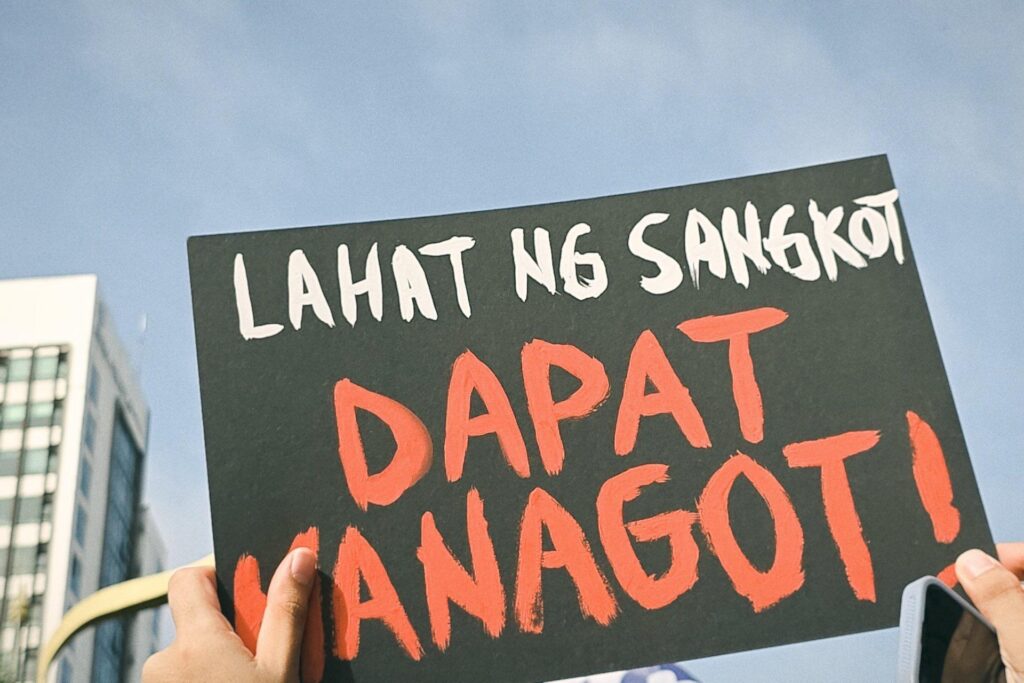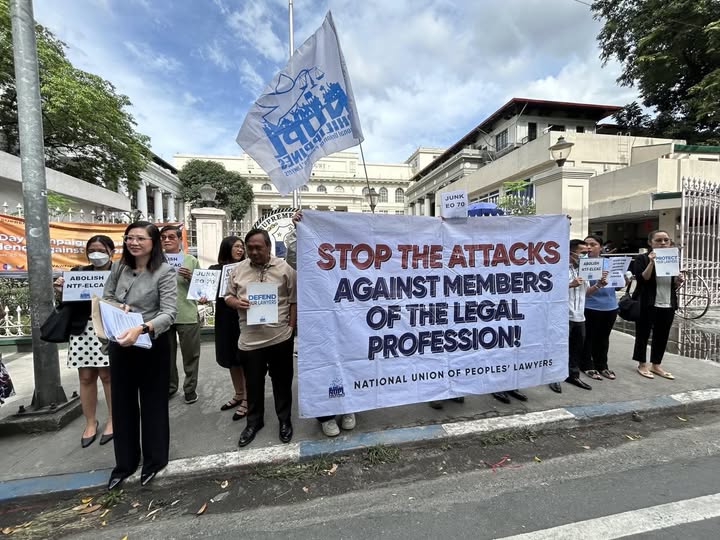United Nations (UN) special rapporteur Irene Khan said that serious threats on freedom of opinion and expression continue to challenge journalists and civil society groups in the Philippines.
In her final report to the UN Human Rights Council, Khan wrote that while civil society is vibrant and the media landscape is diverse, measures taken by the Ferdinand Marcos government since 2022 to protect human rights “have not been sufficient.”
Khan called on the Philippine government to carry out substantive legal, policy and institutional reforms to strengthen freedom of expression, end the intimidation and harassment of, threats to and attacks on journalists, human rights defenders and civil society actors.
She also pressed the Marcos administration to “release urgently those in prolonged detention, and ensure that the perpetrators of such attacks are brought to justice in a timely manner.”
Published on the UN Office of High Commissioner on Human Rights website, Khan is set to personally present her country report at the ongoing 59th UNHRC sessions in Geneva, Switzerland today (6:30 PM Philippine time).
Khan visited the Philippines from January 23 to February 2, 2024 upon official invitation by the Rodrigo Duterte administration.
She met with various government agencies, civil society organizations, media groups and visited various areas around the country, including the Tacloban City District Jail.
Irene Khan in a briefing with Filipino reporters in February 2024. (Photo by R. Villanueva/Kodao)
Rampant red-tagging continues
In her published report, Khan found that vilification and harassment continue as threats to civil society actors while journalists’ safety remains a concern.
Khan wrote that while many of the complaints of rampant red-tagging that she received while in the Philippines were committed under the Duterte administration, the practice has persisted under Marcos Jr.
“Although the Government has sought to reassure the Special Rapporteur that it does not undertake, encourage or condone such practices, there is considerable evidence that red-tagging is being used by the security forces as part of their strategy to counter terrorism,” Khan revealed.
“The National Task Force to End Local Communist Armed Conflict (NTF-ELCAC), created in December 2018 by the previous administration, appears to be a major instigator of the practice,” she said.
“The military, State security officials, senior government officials and some media outlets have also engaged in red-tagging,” Khan added.
Khan mentioned the continuing imprisonment of community broadcaster Frenchie Mae Cumpio and fellow activists Marielle Domequil and Alexander Abinguna as victims of the practice.
“[Their cases] illustrate the human toll of red-tagging on those who are targeted and the flawed process that leaves them with little recourse,” Khan wrote.
She lamented that a year after the three’s arrests, they faced new, non-bailable charges “with reportedly no independent witnesses.”
“Now in their mid-twenties, the three individuals have spent almost five years in detention while their cases move at a glacial pace through the courts,” the report complains.
Khan wrote that the Tacloban cases are “emblematic of a wider pattern in cases involving red-tagging, where the pace of judicial procedures is remarkably slow, extending the pretrial detention period to such an extent that it is sometimes equivalent to a conviction.”
Khan also said that the Marcos government lacks any sense of urgency in resolving such cases, as proven by its failure to respond to the communication sent by the special rapporteur on September 2024.
Her report noted that 450 red-tagging incidents were identified in the first half of 2024 alone, 17% of which targeted young people and 61 per cent of which were attributed to government actors.
“The overall aim of such vilification, harassment, threats and violence is to intimidate and chill expression, suppress legitimate activism, weaken academic freedom and undermine independent journalism, public debate and criticism of State policies,” she said.
Impunity against journalists
Khan also expressed concern on the existence of of grave threats against journalists, shown by the murder of four journalists in the first 18 months of current government: Juan Tumpag Jumalon (DJ Johnny Walker), Cresenciano “Cris” Bunduquin, Percival Mabasa (Percy Lapid) and Renato Blanco.
“The Special Rapporteur is concerned that, except for one case, in which the alleged perpetrator has been identified, the pace of investigation into the crimes has been slow, the report reads.
Khan also slammed the Presidential Task Force on Media Security’s failure to protect journalists and the “limited training or guidance” to the police and the judiciary on how to handle attacks on journalists.
“While it is a fine initiative in principle, in practice it appears not to be functional in all police stations or even known to all stakeholders,” Khan said.
Khan also mentioned the denial of franchise to ABS-CBN and the blocking of Bulatlat and Pinoy Weekly’s websites as serious concerns against press freedom in the Philippines.
“The blocking of a website is a direct form of censorship. Given the impact on freedom of expression, any such restrictions should strictly meet the three-part test of legality, necessity and proportionality provided for under international human rights law and should be authorized by a court,” Khan wrote.
“The Special Rapporteur reiterates that unlawful restrictions have an impact not only on the affected outlets but also on the public’s right to information,” she added.
Recommendations
Khan’s final report contained nine major recommendations covering Philippine compliance to international mechanisms as well as reforms on national institutions, the Philippine legal framework, and official policies.
Khan recommended the abolition of the NTF-ELCAC, the review and amendment of the Anti-Terrorism Act of 2020, the prioritization of the adoption of the Human Rights Defenders Protection Act, the decriminalization of libel laws, among others.
The rapporteur also urged the Philippine government to support self-regulated media systems and to respect the right of peaceful assembly.
She also urged to prioritize Marcos government to grant bail applications to political prisoners in long-pending cases and release all individuals in prolonged detention whose charges are still unsubstantiated.
Finally, Khan called for the prompt dismissal of the questionable charges against Cumpio, Domequil and Abinguna and their immediate release. | via Kodao Productions




